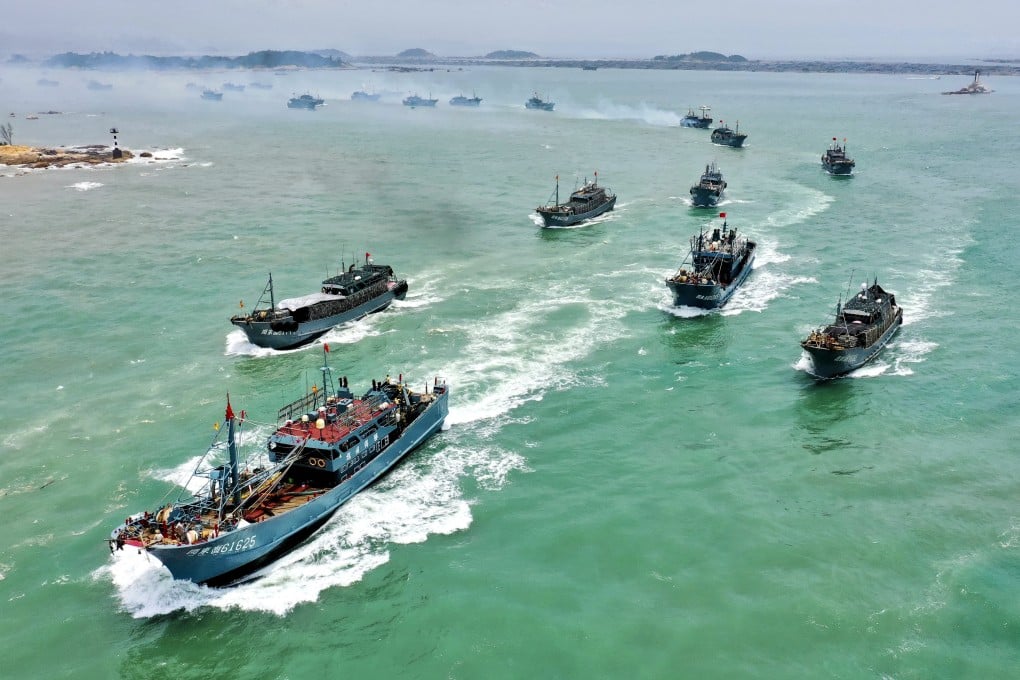Advertisement
Inside Out | China joining WTO fisheries pact a victory for multilateralism and sustainability
- Handing over an ‘instrument of acceptance’ normally would not merit note, but China accepting the WTO’s agreement on fisheries subsidies is a watershed moment
- Having China, the world’s largest subsidiser of fisheries and biggest exporter of aquatic products, on board will help curb subsidies that drive overfishing and damage sustainability
Reading Time:4 minutes
Why you can trust SCMP
2

Late last month, on the margins of the World Economic Forum’s Meeting of the New Champions in Tianjin, China’s Commerce Minister Wang Wentao beamed alongside the World Trade Organization’s Director General Ngozi Okonjo-Iweala as he exchanged China’s “instrument of acceptance” of the WTO Agreement on Fisheries Subsidies.
Advertisement
In most circumstances, such a moment would pass unnoticed. But for China, by far the world’s largest subsidiser of fisheries, and the WTO, this was a watershed moment. The agreement to rein in fisheries subsidies has been haggled over for years.
While formal agreement was reached at the WTO Ministerial Conference in June last year, only 13 countries have completed the acceptance process. It will take two-thirds of WTO members ratifying the agreement before it comes into force. Officials are hoping to reach that target by February next year when WTO ministers next meet in Abu Dhabi.
Advertisement
The agreement is significant not just because it has taken such patient work over many years but because of its rarity. It marks only the second multilateral agreement reached within the WTO since its creation in 1995.
At a time when multilateralism is embattled, this is something to celebrate. Let’s not kid ourselves that multilateralism is back and healthy again, but a multilateral deal in any form provides modest comfort to anyone concerned about the global spread of protectionism in recent years.

Advertisement
